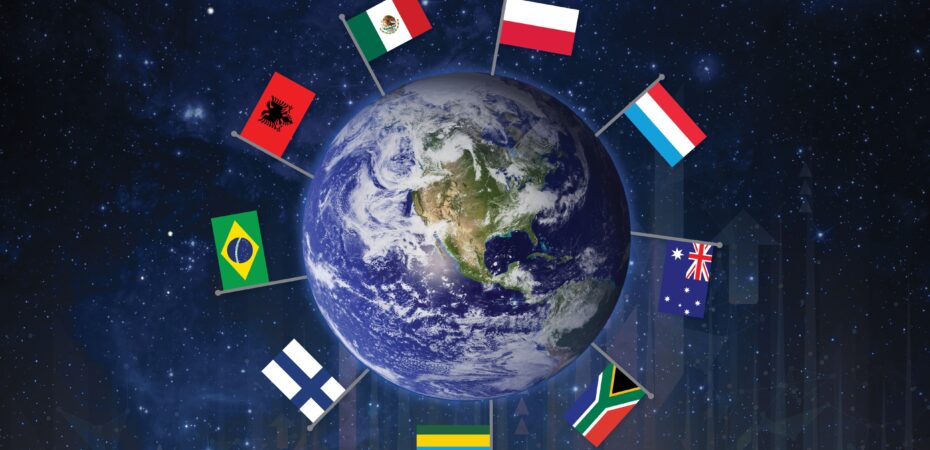As the cost to launch a satellite tumbles and COTS commercial spacecraft are gaining popularity, sovereign nations are rapidly procuring sovereign space systems. Operating and maintaining spacecraft(s) is no easy feat – there is a significant investment of time, talent, and resources. Traditionally, countries that were not able to invest into their own space systems would lease services from a commercial company, either an entire satellite or a portion of the bandwidth. However, the market has changed and now sovereign ownership of a space system is in reach for an increasing number of nations. Sovereign, wholly-owned systems are incredibly important when used for military and intelligence purposes, given the emphasis on national security. Having a single nation manage a system versus many other hands taking part (leasing) increases the security of the system, lowering risk. Nations with sovereign space systems have the ability to operate what they want, how they want, at any time.
Countries such as the United States, Russia, China, the UK, and France have had their own constellations of spacecrafts for decades. However, no Australia is joining the group with the procurement of JP9102 from Lockheed Martin – the nation’s first sovereign satcom system. The project includes multiple satellites in GEO, ground stations, operations centers, and management systems. For the past two decades, Australia has been in partnerships with it’s allies to supply a similar capability. JP9102 is intended to replace all of Australia’s aging Optus fleet utilizing L, X, Ka, and UHF frequency bands.
Information provided by: https://interactive.satellitetoday.com/via/july-2023/the-growing-demand-for-sovereign-space-systems/
